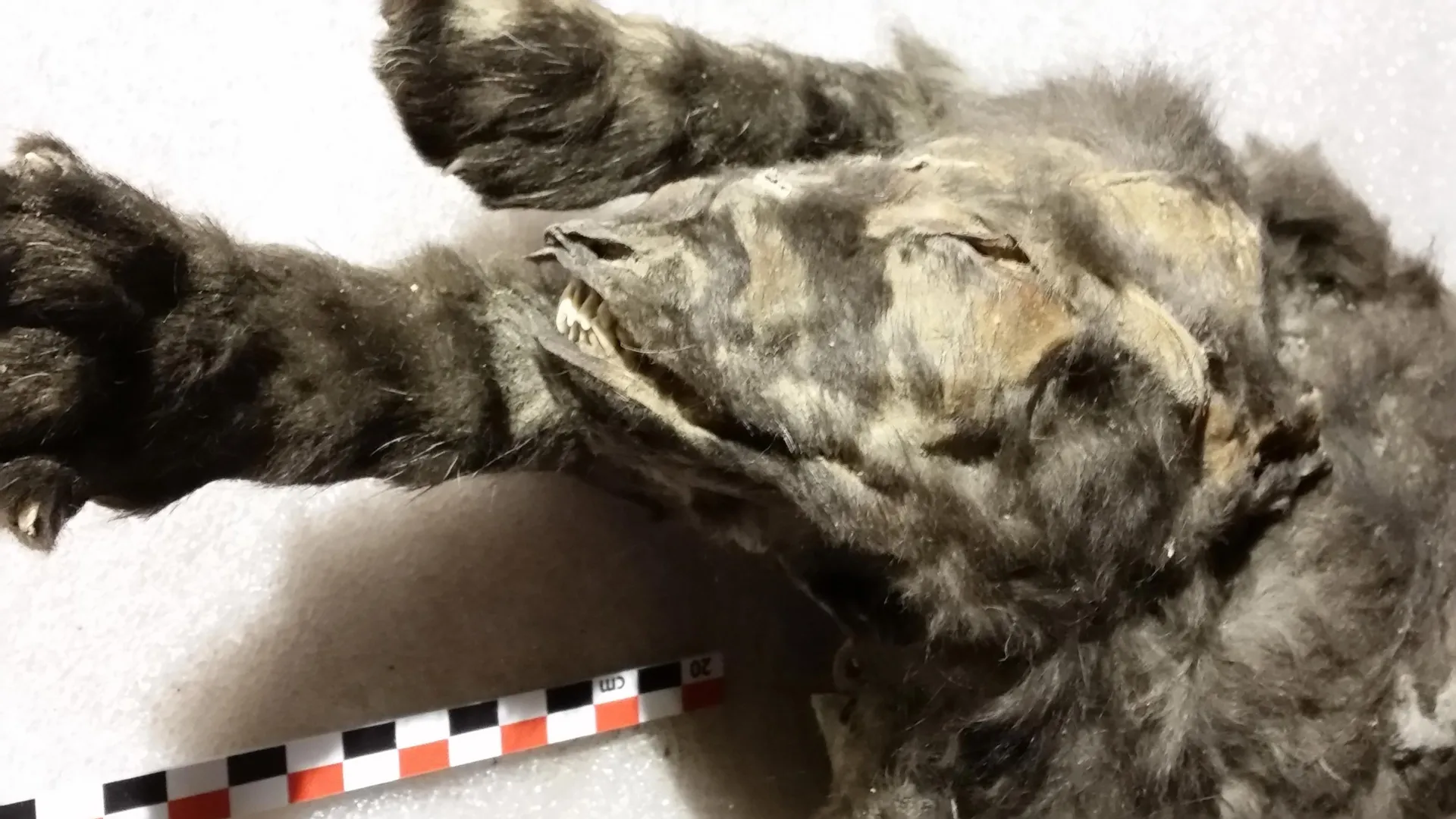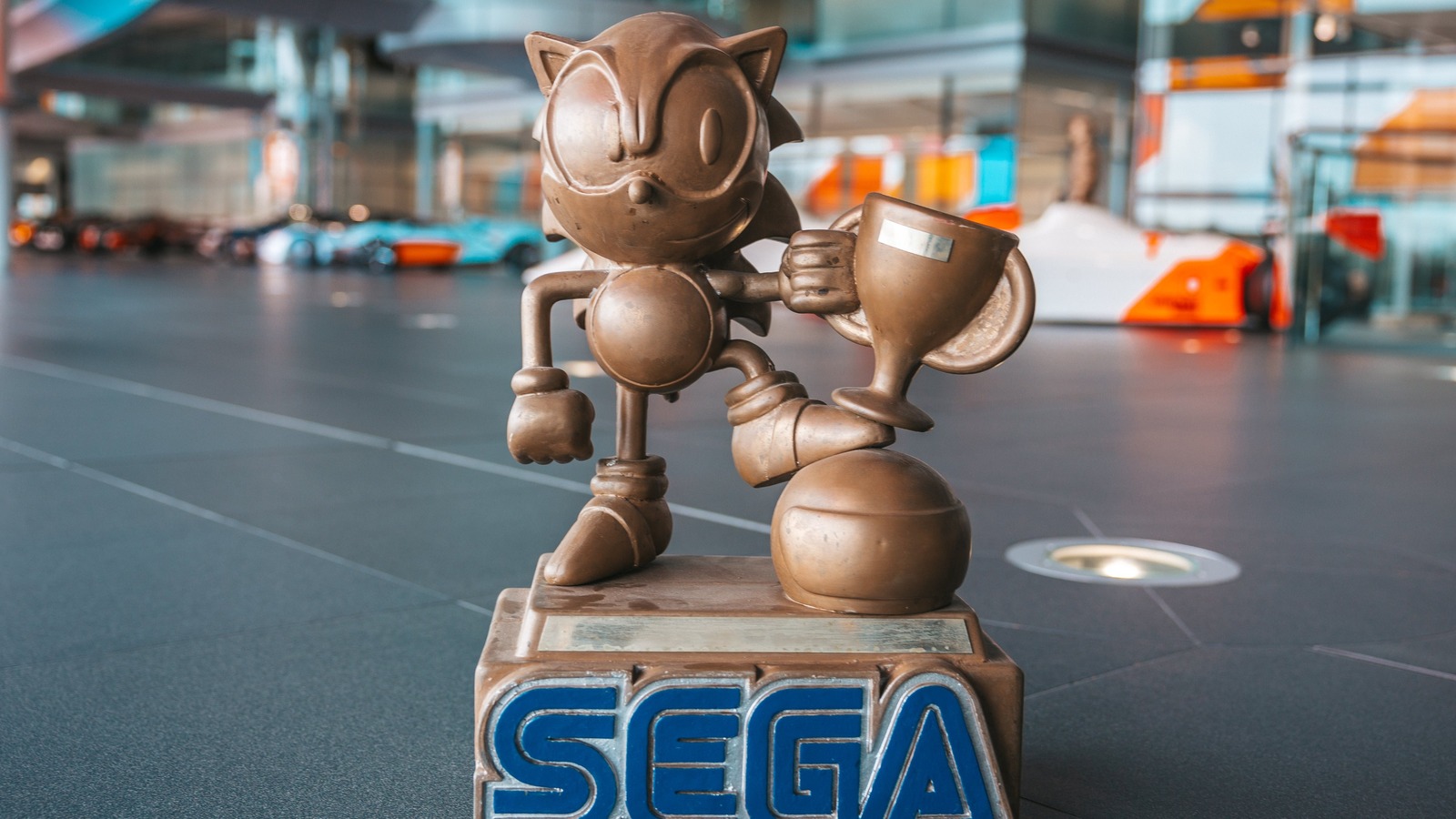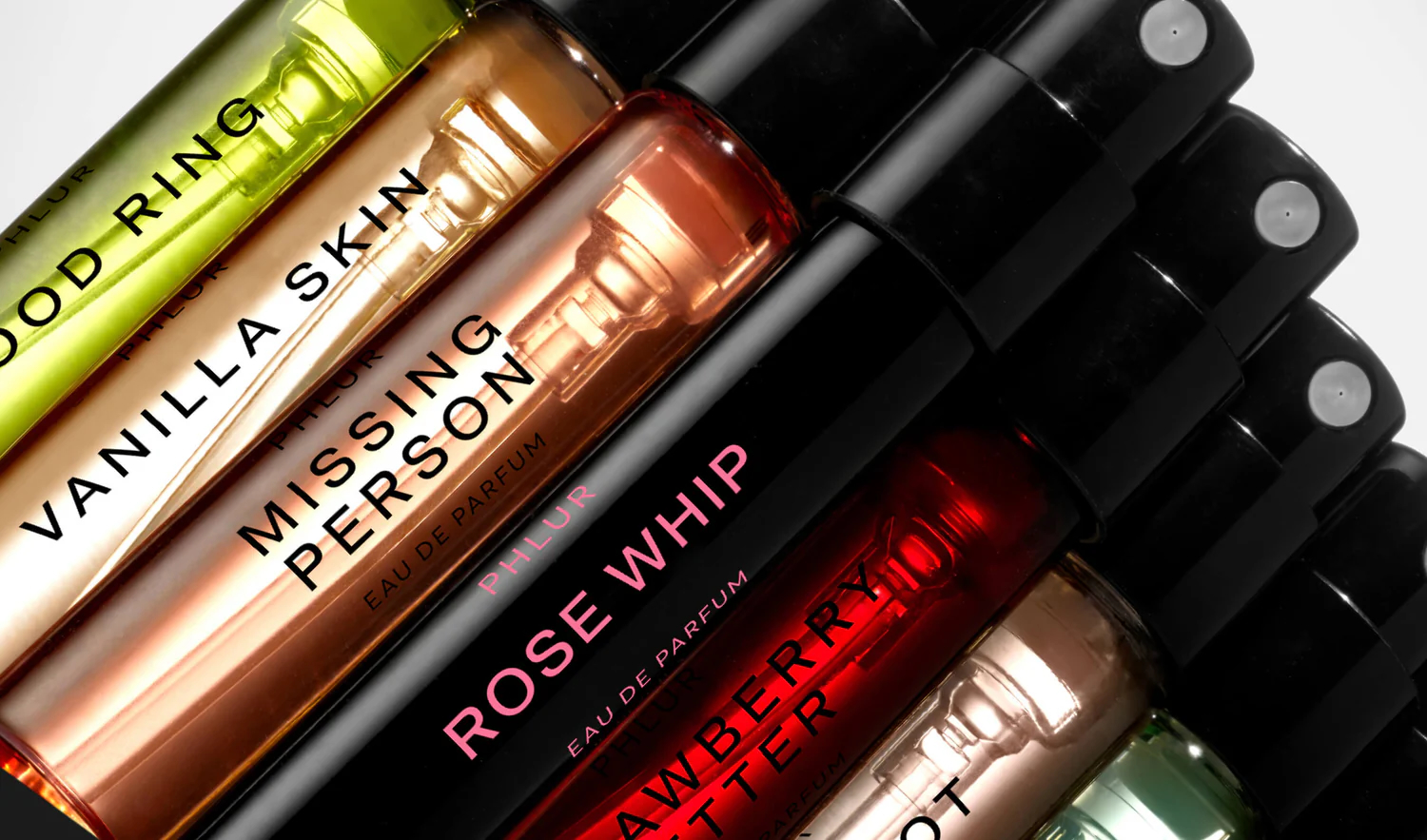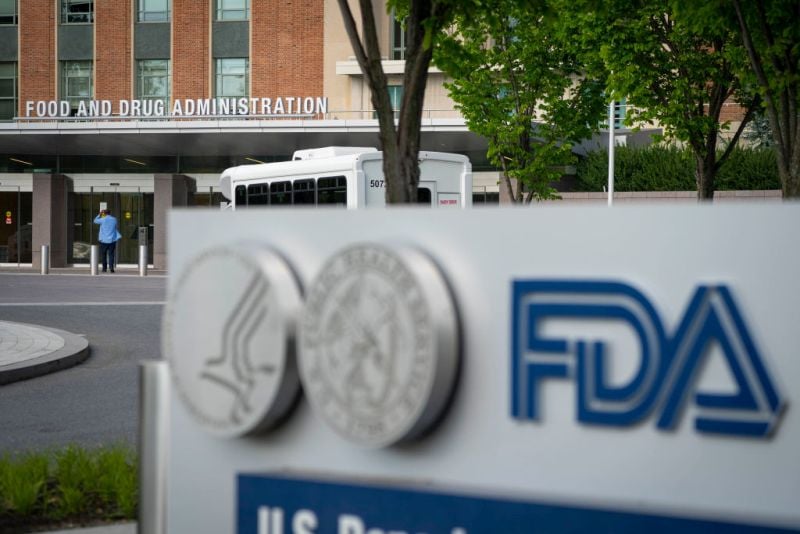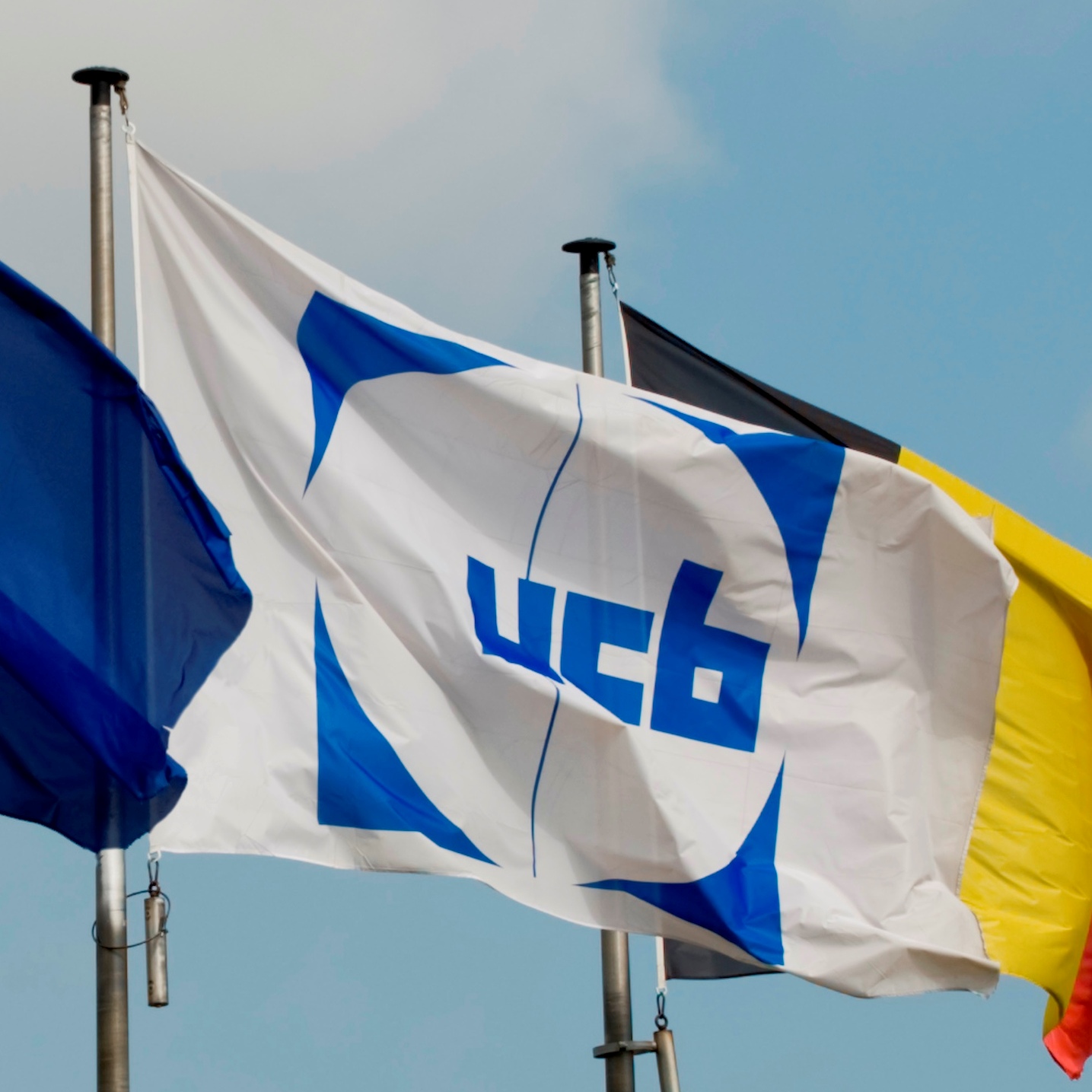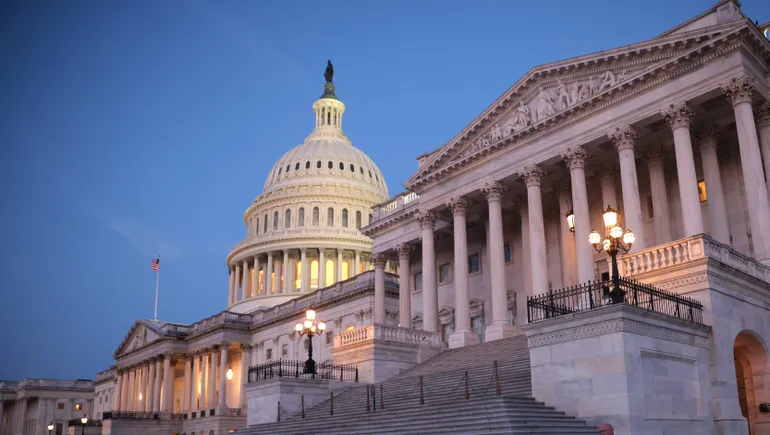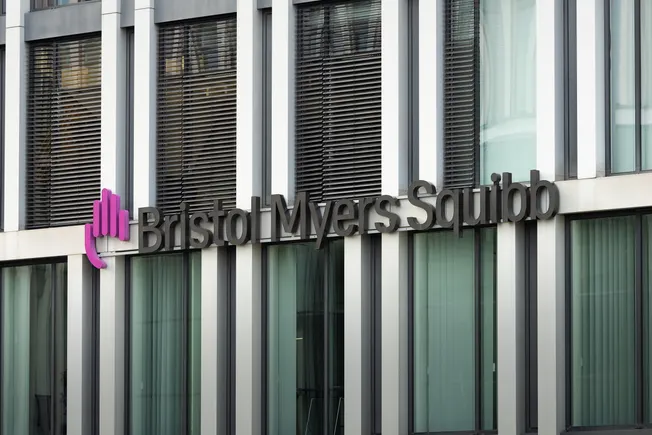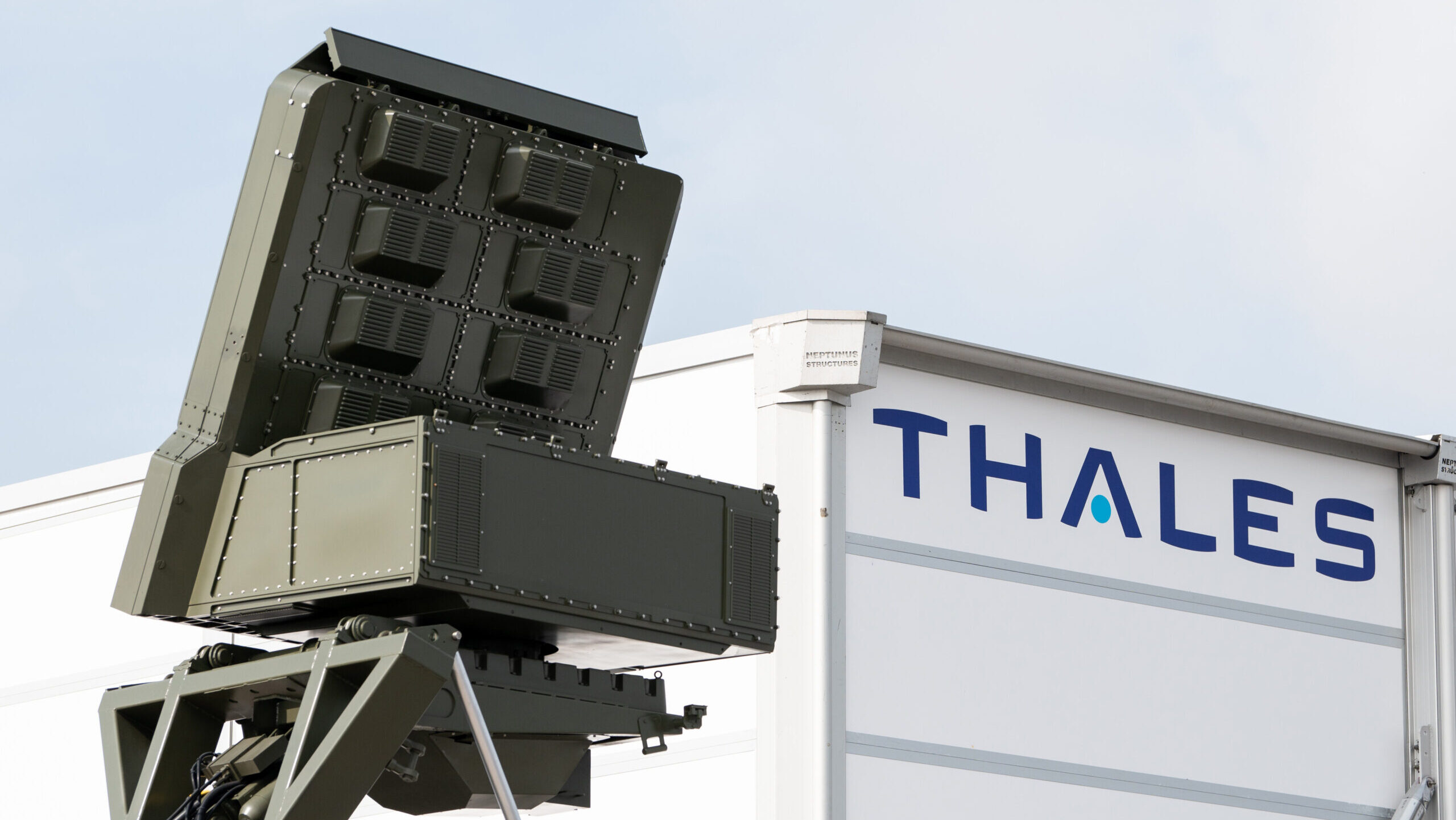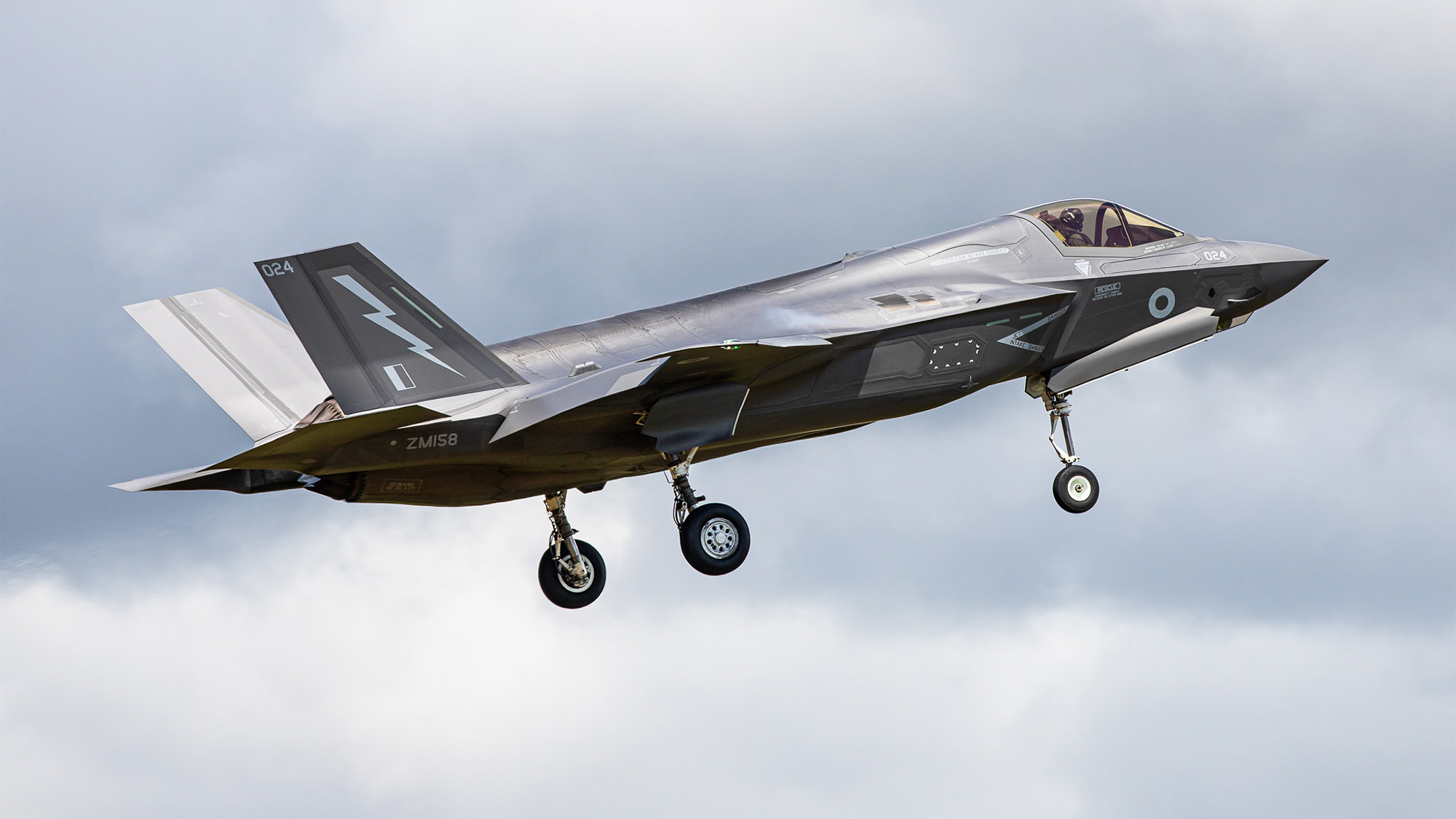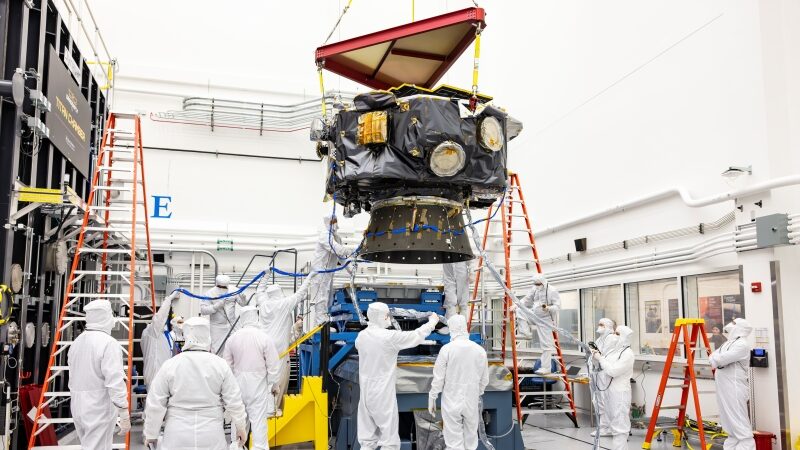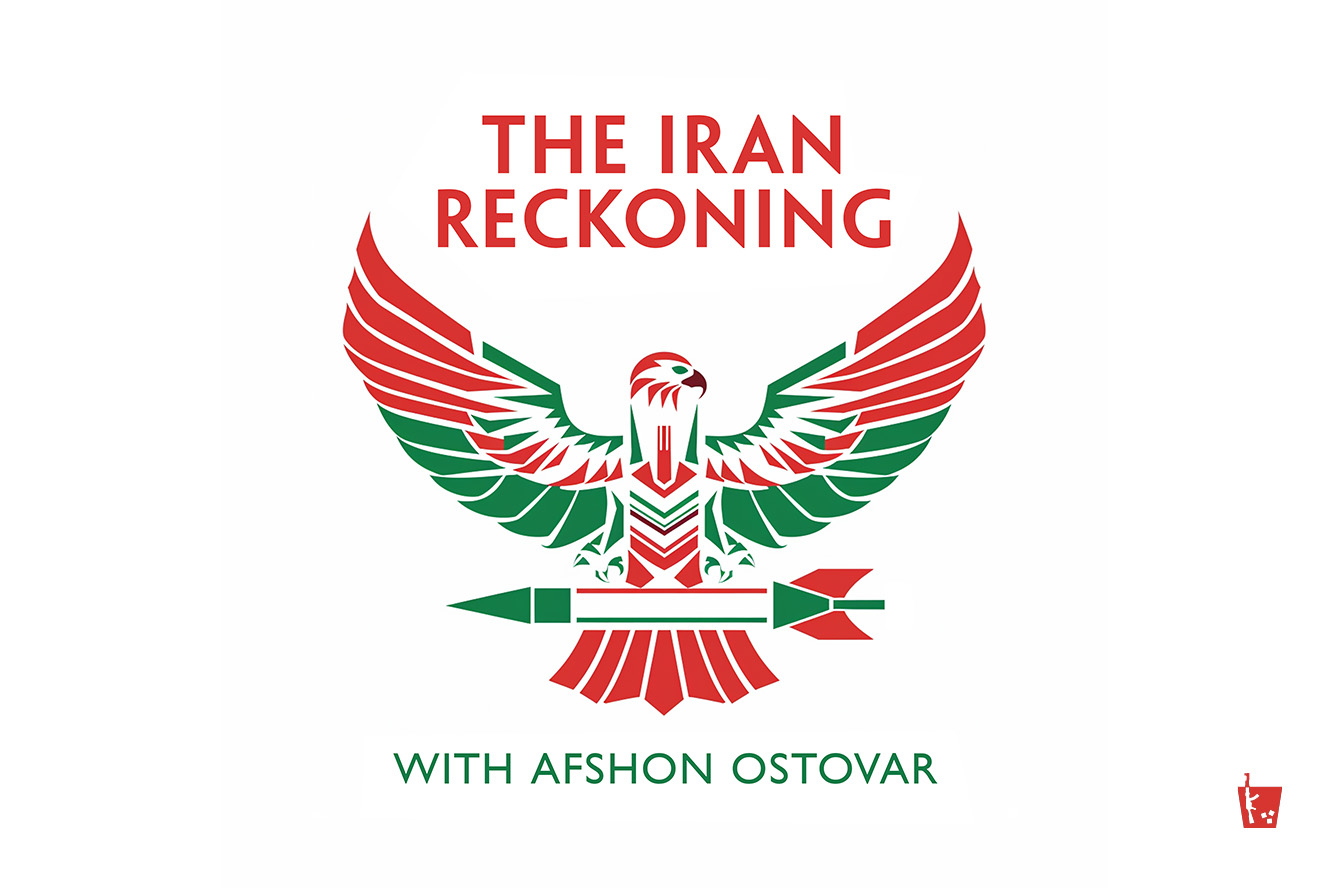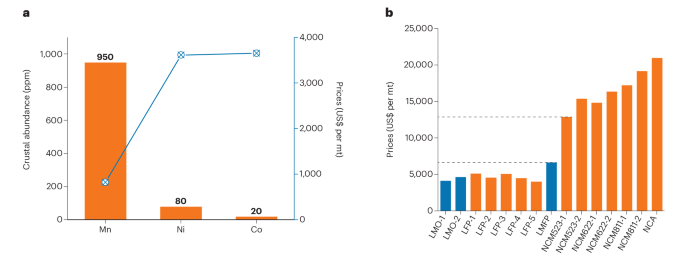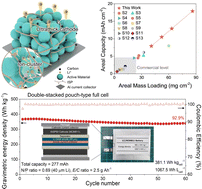STAT+: Pharmalittle: We’re reading about the gray market for obesity meds, an RSV drug recommendation, and more
Plus more pharma news from the Pharmalot campus, brought to you by the Pharmalittle newsletter.

And so, another working week will soon draw to a close. Not a moment too soon, yes? This is, you may recall, our treasured signal to daydream about weekend plans. Our agenda is, so far, rather modest. We expect to manicure the Pharmalot grounds, hang with a short person or two, and catch up on our reading. We also hope to hold yet another listening party, where the rotation will likely feature this, this, this, this and this. And what about you? Summer fun has begun, or at least it is threatening to do so, which means this may be a wonderful time to embrace the great outdoors. As always, beaches, lakes and mountains are beckoning. Or you could stay local and stroll about town, grow a green thumb or simply gaze at the sky. If the weather does not cooperate, there is always a good book or the telly. And perhaps there is time to reach out to someone special. Well, whatever you do, have a grand time. But be safe. Enjoy, and see you soon…
A fast-growing group of Americans is turning to what many call the “gray market” for obesity medicines, bringing cheap active ingredients from China often labeled as for research purposes, Reuters writes, citing import data and social media postings. For more than a year there has been demand for cheap Chinese-made powders, exacerbated by limited health insurance coverage in the U.S. Buyers said the gray market received a boost from a ruling last year by the U.S. Food and Drug Administration that compounding pharmacies must stop selling obesity medicines more cheaply than the companies that developed them. Shipments of such active ingredients from Chinese entities not registered with the FDA jumped by 44% in January from the previous month, according to the Partnership for Safe Medicines, an industry group. The findings are likely an undercount, because unregistered vendors may not disclose that their parcels contain medicines. Packages valued at less than $800 that enter the U.S. under the de minimis rule are not included in the data.
A committee that advises the U.S. Centers for Disease Control and Prevention on vaccines voted to recommend the use of a new monoclonal antibody against RSV in babies, Merck’s Enflonsia, STAT tells us. The monoclonal antibody, given to babies under 8 months of age entering their first RSV season, is the second product of this kind to enter the market, joining Sanofi and AstraZeneca’s Beyfortus in the RSV toolkit. Enflonsia was approved by the FDA in early June. At the time, Merck said it planned to start taking orders in July and would deliver the doses in the U.S. this fall, ahead of the start of the RSV season. A recommendation from the Advisory Committee on Immunization Practices must be approved by the director of the CDC or the health secretary to come into force. There is currently no CDC director or an acting director. Whether U.S. health secretary Robert F. Kennedy Jr. will endorse the recommendation remains to be seen. There were six recommendations that passed at the ACIP’s last meeting in mid-April. Kennedy approved three, leaving another three — related to a new meningococcal vaccine and expanded use of RSV vaccines for adults — in limbo.
